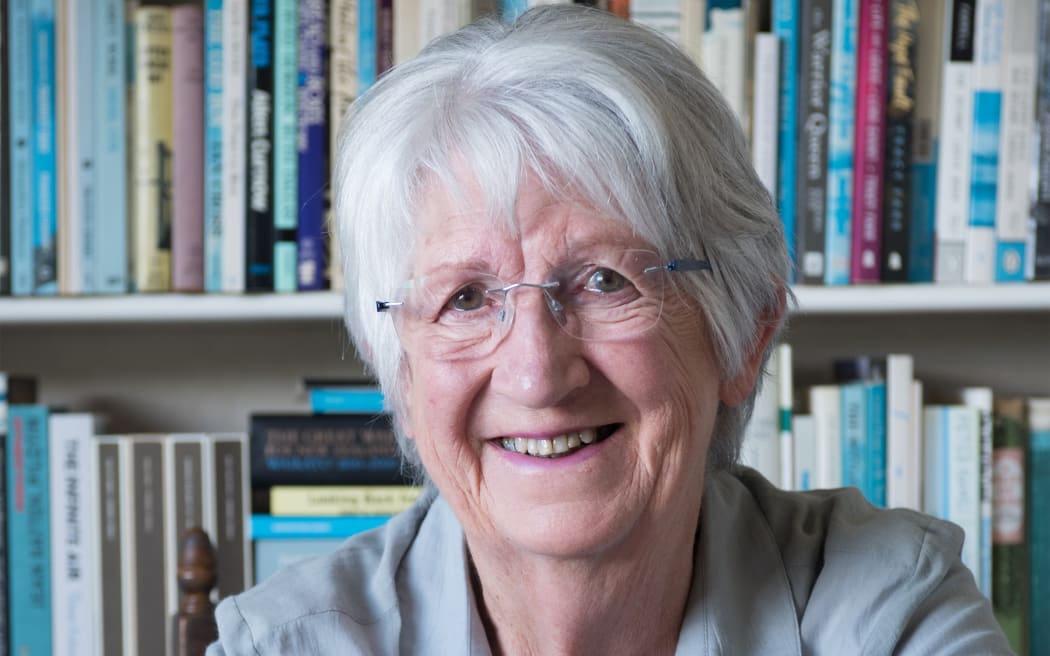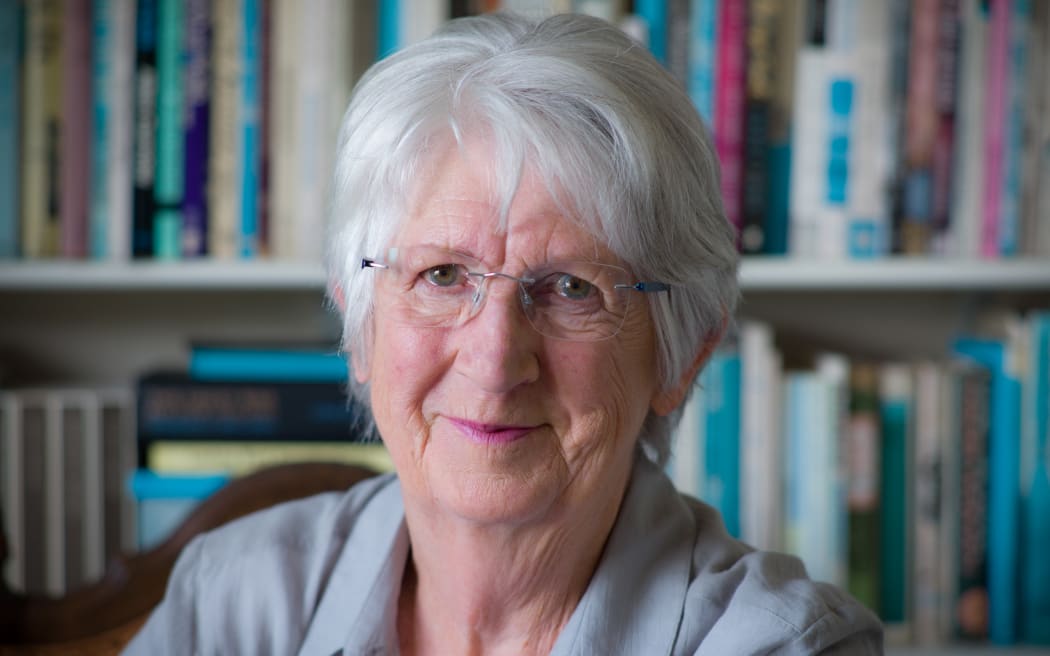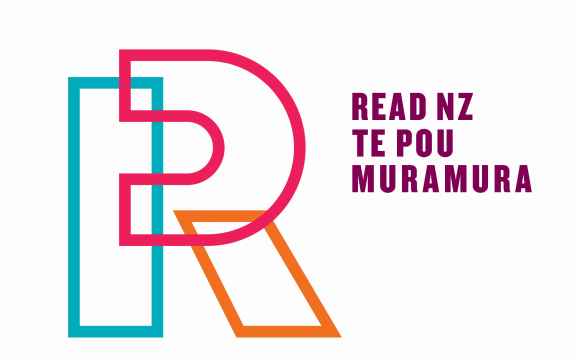The eminent writer Dame Fiona Kidman gives this year’s annual lecture for Read NZ Te Pou Muramura.

Photo: Robert Cross
Dame Kidman's talk spans her own personal reading journey to her job as founding secretary of the then New Zealand Book Council, a career as a celebrated author, and her lifelong love of the written word.
The fluent and vivid script – evidence of Kidman’s skill as a writer – begins with an account of childhood, and how she learned to read while recuperating in a Kawakawa hospital.
Later, she recounts being of interest to the NZ spy agency as she began work for the Book Council. There she helped set up the programmes like Writers in Schools which continue to make their mark on the literary landscape of this country.
To download a copy of the pānui, follow this link to the dedicated page on the Read Te Pou Muramura website.
From the lecture
I learned to read in a country hospital in the Far North. At the end of World War II, my parents had bought land in Kerikeri. My Irish father was in the air force throughout that war, although his health had prevented him from seeing active service abroad so he didn’t qualify for a rehabilitation loan to buy a farm or set himself up for the future in other ways. My prudent Scots mother, herself of farming stock, saved up his pay and earned money of her own from milking on her parent's farm. There was enough for a deposit on the cheapest block of land they could find. My father bought it, sight unseen. In an early novel of mine called Mandarin Summer, the fictional me, who becomes a girl called Emily, has this to say:
It’s nearly thirty-five years now since I first went north. I was with my mother and I was eleven years old. When we left the south my grandmother and my aunts and uncles all came to the railway station and wept over me, as if I was going to a far country. My grandmother wore black, presumably to suit the occasion. My mother wore her best clothes with a cherry-red pudding bowl hat over her short-cropped greying hair as if to say, well, it’s going to be all right, it’s going to be fun up there amongst the orchards and hibiscus, the pukka sahibs and tea on the lawn.
Except for the fact that I was still shy of six, that is how it was, just as the fictional narrator describes the scene. It was hard for most of the years the real-life family was up north.
The pukka sahibs were British Raj people who had escaped the Sino-Soviet conflict in the 1930s and set up camp in Kerikeri, planting citrus orchards. Most of them had a view of themselves as apart from the rest of us; my parents arrived and worked as servants; the land my father bought was barren and difficult to cultivate. The property was at the end of Darwin Road, back then a dusty gravelled track. We lived in an army hut for seven years, until relief appeared from my father’s relatives in Ireland, in the shape of an inheritance, which gave us a happy escape to the farm we later owned in Waipū.
If I have made this all sound too desperate, I should say that my parents were thoughtful people with cultivated backgrounds. We might not have had a car to get around, but we had inherited the family silver and good Irish linen on our plain deal table, and there was nourishing food on that table, much of it gathered through my parents’ endeavours to live off the land.
Although my mother was an outwardly shy woman, in private she was a storyteller who engaged me in storytelling games. I was read to at night, and the hut overflowed in its corners with sixpenny orange and green Penguin paperbacks. And my father was strict about how I spoke the King’s English.
All of this shifting from one place to another meant I didn’t start school until around my sixth birthday. ‘We will do our best to get her up to speed,’ the teacher said grimly, or words to that effect.
Shortly after this, I fell ill and was admitted to Kawakawa Hospital, some 40 kilometres away. I would stay there for several weeks, or was it months? It was a long time, I know that. As my parents had no vehicle except their bicycles, and there was no bus between the towns, I wouldn’t see them again until I was allowed back home.
After a week or so in the hospital, a visiting teacher called Miss Brown came to see me. When I told her I was six, she said, ‘Of course you will be able to read.’ Her face fell when I said that no, I hadn’t learned yet. ‘Well,’ she said, ‘I’ll have to teach you this afternoon.’ And that’s what she did, although I didn’t realise that it took more lessons than one to learn to read. I was now able to make my way to the musty little hospital library at the end of a corridor and find myself some books. Those I found were old and worn, but they were full of wonderful words and stories.

Fiona Kidman. Photo: Supplied / Robert Cross
Related listening:
Dame Fiona Kidman upset over National Library's book cull
Short stories of love from Dame Fiona Kidman
Fiona Kidman: teddy boys, the Jukebox Murder & executions
Dame Fiona Kidman
Fiona Kidman is a leading contemporary novelist, short story writer and poet. Much of her fiction is focused on how outsiders navigate their way in a narrowly conformist society. She has published a large and exciting range of fiction and poetry and has worked as a librarian, producer and critic. Kidman has won numerous awards, and she has been the recipient of fellowships, grants and other significant honours, as well as being a consistent advocate for New Zealand writers and literature. She was awarded an OBE and a Dame Companion of the New Zealand Order of Merit for her services to literature. In May 2019 at the Ockham New Zealand Book Awards, Kidman won the Acorn Foundation Fiction Prize for her novel This Mortal Boy.
This session was broadcast in association with Read NZ Te Pou Muramura

Photo: Read NZ Te Pou Muramura

